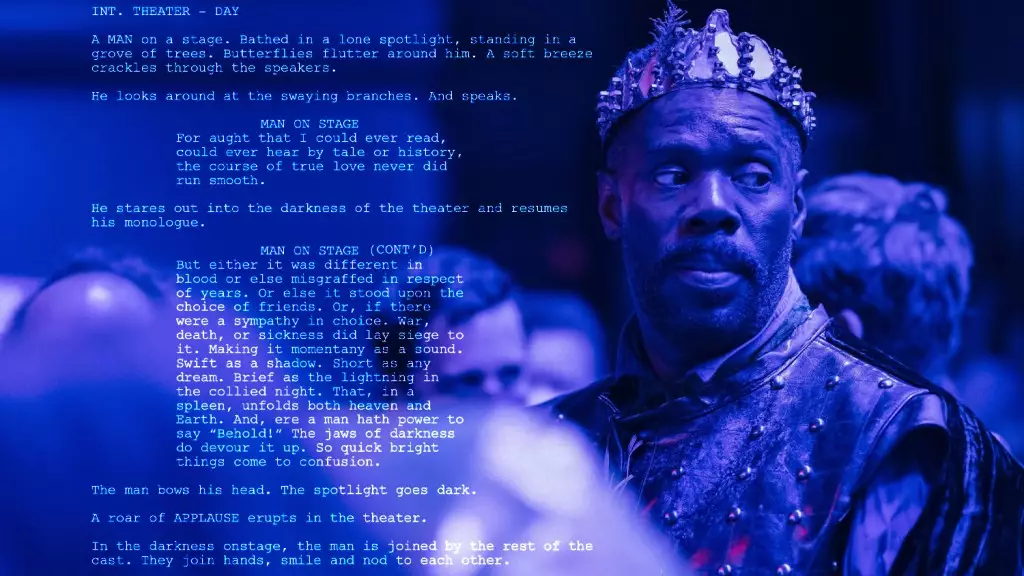“Sing Sing,” starring Colman Domingo, offers a poignant examination of the human spirit’s resilience and the potential for rehabilitation through the arts. This film, directed by Greg Kwedar and produced by A24, dives deep into the true story of John “Divine G” Whitfield—an innocent man who finds purpose and identity behind bars by engaging in a vibrant theater community. The narrative sheds light on the broader implications of artistic expression in rehabilitation, particularly within the confines of the Sing Sing Correctional Facility where the story unfolds.
The film’s authenticity stems from its connection to the Rehabilitation Through the Arts (RTA) program, a pioneering initiative established in 1996. By showcasing participants like Clarence “Divine Eye” Maclin, the film not only highlights individual journeys but also reflects the stark realities faced by those in the correctional system. Maclin’s involvement as an actor in “Sing Sing” underscores the vital role that storytelling and performance can play in fostering a sense of community and purpose among incarcerated individuals. The program’s impressive statistics—showing that less than 3% of RTA members reincarcerate compared to the national average of 60%—attest to the effectiveness of the arts in transforming lives.
Leslie Lichter, the interim director of RTA, aptly describes “Sing Sing” as a “powerful film” that realistically portrays the lives of incarcerated individuals. By marrying the personal narratives of its characters with a broader commentary on societal views of redemption, the film stands out as a profound testament to the healing power of artistic expression. This narrative urges audiences to reconsider the stigmas associated with ex-offenders, revealing that the potential for growth, healing, and integration into society exists for all, regardless of past mistakes.
The film premiered at the Toronto Film Festival in 2023, quickly rising to prominence in the awards circuit. Its recognition was not merely based on storytelling but also its ability to resonate emotionally with both audiences and critics alike. Winning the Audience Award at SXSW and receiving accolades such as Best Screenplay from the National Board of Review illustrate its powerful message and artistic merit. Moreover, Domingo and Maclin’s nominations at the Spirit Awards further emphasize their compelling performances and deep connection to their characters.
“Sing Sing” ultimately serves as more than just a film; it embodies a movement towards understanding and healing for those affected by incarceration. It champions the notion that everyone possesses redeeming qualities and that the arts can serve as a vital bridge to reintegration and acceptance within society. As audiences are drawn into the lives of Whitfield, Maclin, and their fellow inmates, they are invited to reflect on their own perceptions of rehabilitation and forgiveness. In doing so, “Sing Sing” encourages a narrative shift, one that recognizes the humanity in every individual, breaking down barriers and fostering hope for a more inclusive future.

